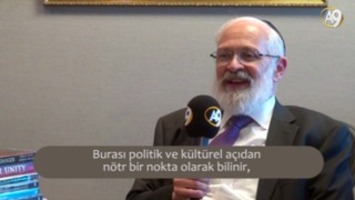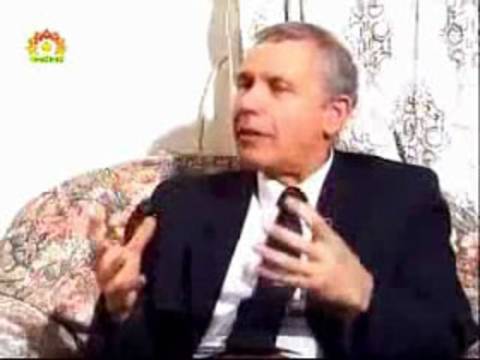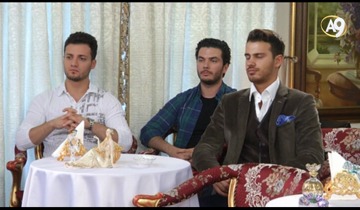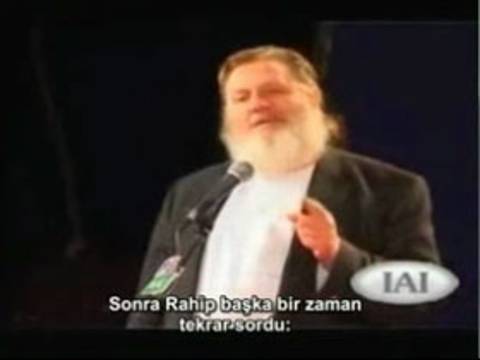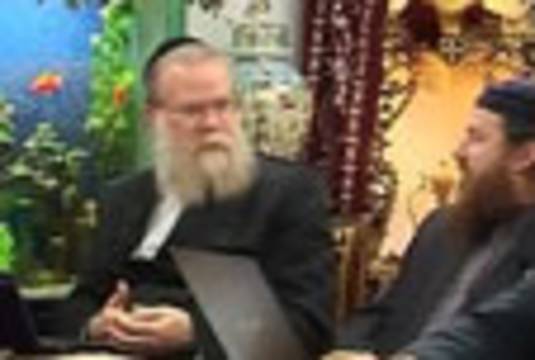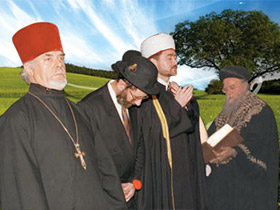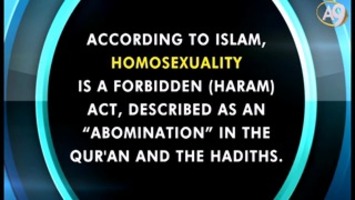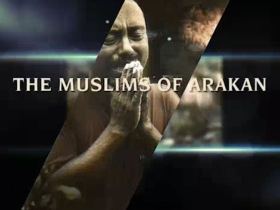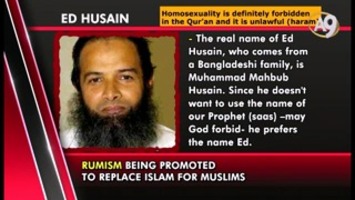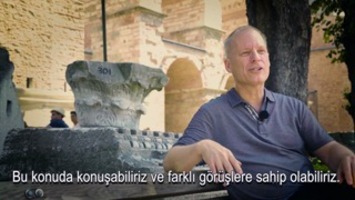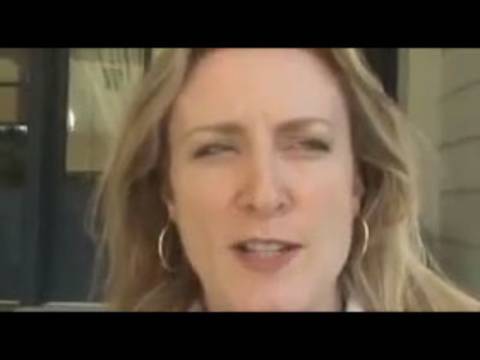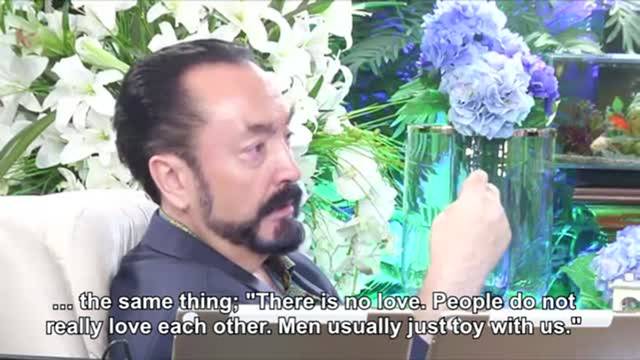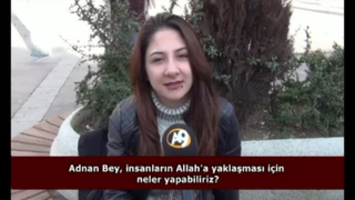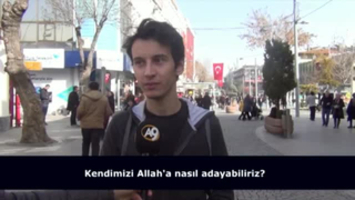Rabbi Yitzchok Adlerstein: How can Muslims and non-Muslims learn the real Islam as described in the Quran?
PRESENTER: Thank you very much. Along those lines I know especially in the Qur'an God also encourages us as Muslims to come to a common point with the People of the Book. In other words, there is perfect democracy in the Qur'an, speaking about not trying to proselytize, not trying to convert people into specific religions, but rather having tolerance. And this is the line of the work that you are in. So, you said that very well and I want to thank you. I want to turn to the Muslim world since probably most of the viewership you will be speaking to is the Islamic world. The majority of Muslim world, and almost entire Western world, doesn’t really realize that resources which provide so called justification for radicals are illegal according to the Qur'an. Radical ideas and superstitions that forbid music, dance, arts, esthetics and freedoms for women do not exist in Islam. How do you think we can make sure that people, Muslims and non-Muslims alike learn about the true Islam as described in the Qur'an that makes all these beauties lawful for people?
RABBI YIZTCHOK ADLERSTEIN: I think that there are two parts to that. It's a tall order. It's easy for us to sit here and say "those extremists, they are all crazy, they fabricated the religion. They have no right to say it". But the people of following say "No, you are the heretic. I've got the real interpretations " So, it is he says, she says. What is going to make one interpretation more valid then the other. That's not a question that can be papered over so easily. I think that there are a couple of things that need to done. One of them is theoretical, the other one is practical. The theoretical is that there are many people in all religions who practice religion because it's a satisfying way of life because it touches something inside but they haven’t thought through core principles. Core principles were always important in all the religions but I'm not sure what percentage of the population really, really have to study them. The intellectuals have to, clergy sometimes have to, the people sometimes did not have to. That may have changed a little bit. I think it is necessary for all of us to be able to look at religion in the raw and say 'Okay, there is God. He is infinite, He is source of all being, we are mortal. He created us. He doesn’t need us. We need Him. He doesn’t need us. So, what's this all about? What is life?” We have to ask the questions, all of us have answers to that and I suspect many of those answers overlap or entirely congruent including the fact that God created the world because He is a compassionate God, a good God. He wants to give you the means, the opportunity and share the absolute greatest good that there can be, which is not a lot of money, not a fancy car, or a Rolex or any combination thereof. It's the opportunity to merge with Him. He is the source of all good and there can be nothing that comes close to the satisfaction of being joined with Him in an eternal life. Now to make that happen, we have to make the right choices. It's not just a game in which you act out things and somehow God looks down from Heaven, pats on the back and says 'Ok, good boy! Good girl! And I will let you into Heaven'. This is all about changing ourselves. If it is about changing ourselves, change has to be by free will. There can be no compulsion. Any act that's compelled, especially religious act is meaningless. Because then you are not actor, person holding the string is acting. Any religious act that is not a consequence of free choice and free will simply has no meaning. That is an enormous realization that people haven’t thought it through when they do think it through, they realize that trying to convert the world by sword or putting them in a box and taking away every opportunity to act is not really going to get people closer to God even though externally it looks like they are being holy but they are not being any holier. There has to be free choice. We have to wrestle everyday with tens and tens of questions. It's the wrestling with the temptation and conquering it that makes us the better people. When people truly understand that, then they can understand that the methodology of the extremists surely has a lot in common. It revolves around the compulsion and turning people into robots cannot have any validity, just cannot have any validity. Once they realize that then the next step has to be the articulation of a moderate position that is not just reformist, it's not “Well, you know we used to believe that. My grandfather believes that but today, to live in the modern age, we are going to revise Islam and come up with something that's a little parts from Buddhism, a little bit of Hinduism, we'll take a little bit from Jews, put it all together in a blender and we'll come up with something that will make everybody happy' That's not going to work. There has to be a voice within each religion, showing that not only is this as authentic and based on text and based on traditions as anything else but more so, that has not yet been articulated in all areas. I would applaud the work of particular groups in Indonesia where a lot of this work has been done. Indonesia, the largest Muslim country in the world, where a number of groups have worked to forcefully articulate a moderate Islam that is not some modernist reformed kind of thing but says we are the original, we are the group that is more grounded in text, we have the clergy to prove it, we have the authority and academic background to prove it. And they have to be as vocal about it and as savvy and market it as well with social media as everybody else and put up another alternative. I believe that if there is a religious alternative that has the same kind of gravitas in terms of religious tradition then the inner goodness of people plus the willingness, the wanting to be part of a modern world and to live within it rather than an extremist isolation will propel such believes into greater popularity.


